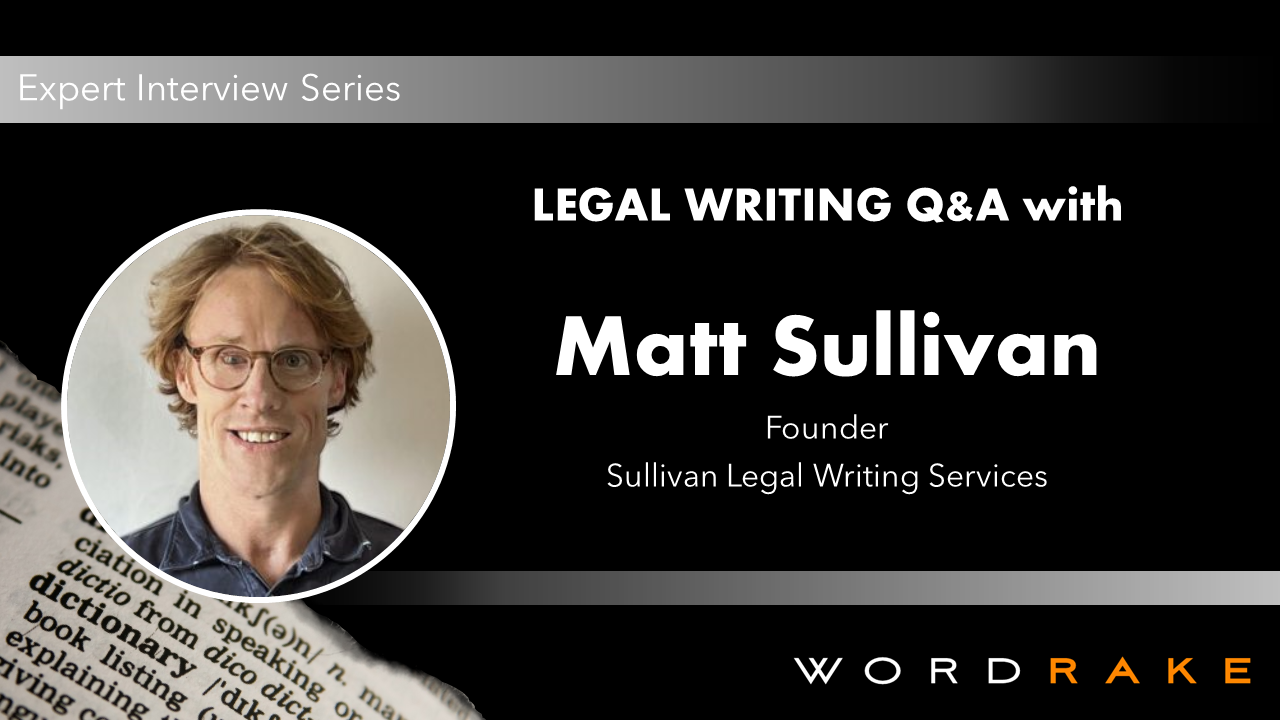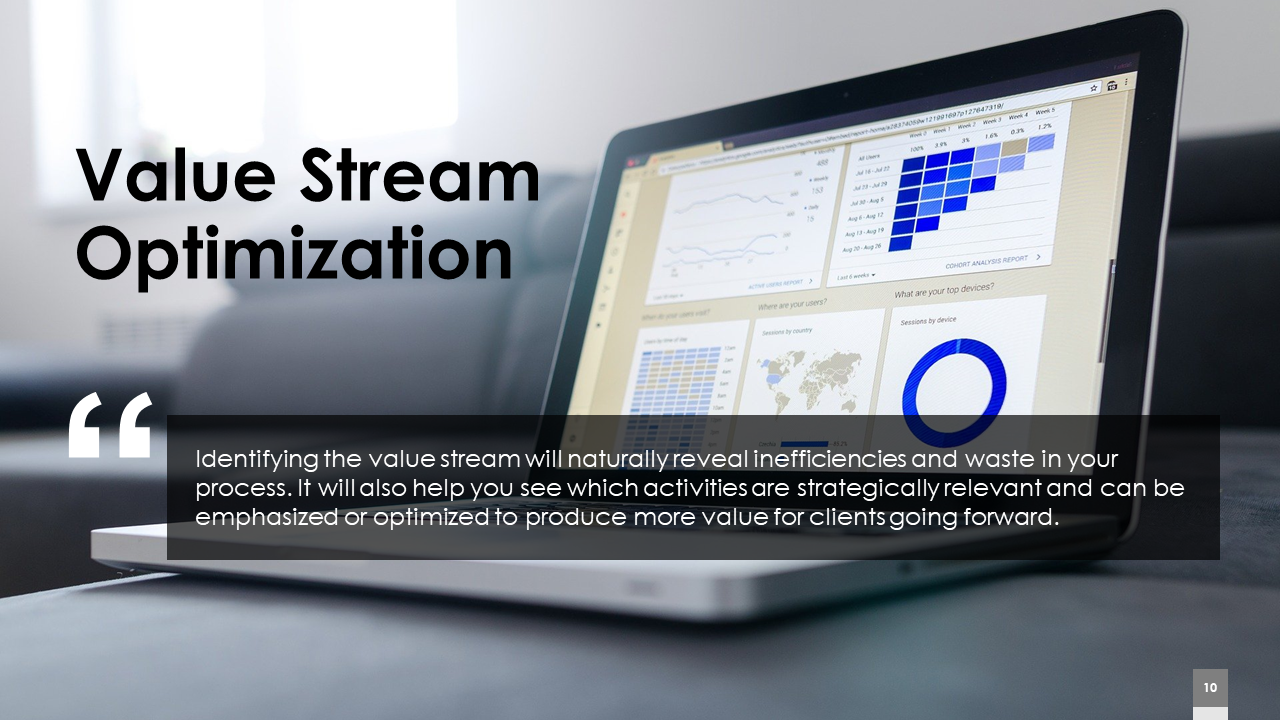Not everyone feels confident in their writing, or has time to tackle every brief themself. Some attorneys turn to AI sources to help in those moments, but with more firms making rules about whether and how AI can be used in practice, that’s not always an option. That’s where legal ghostwriters like Matt Sullivan come in. He shared some of his professional experience with us.
What is your role and how did you get to where you are today?
My name is Matt Sullivan. I founded Sullivan Legal Writing Services, specializing in ghostwriting for successful trial lawyers. The firm also prepares internal research memos and case reviews.
I began my career as a trial lawyer but tired of the litigation grind. So, I bailed and took a job as a law clerk for the Honorable Roxanne Covington of the Philadelphia County Court of Common Pleas, where I gained valuable perspective from the court’s viewpoint. I apply these experiences to my work as a legal ghostwriter, researcher, and editor for litigators nationwide.
Why is good writing important to being a good lawyer?
Excellent writing is essential to quality, comprehensive advocacy. Whether in a trial or appellate court, a litigator’s first opportunity to advocate and persuade occurs in a written argument. Waiting until oral argument to convince the court waives the opportunity to lay one’s arguments’ foundations. And building that framework for your claims requires exhaustive research paired with concise writing.
Why is it so hard to edit your own writing? Why is it important to do so?
Lack of objectivity. It’s easy to become wed to our words and arguments when devoting significant time to a project. But that devotion to our writing often disables our discipline, allowing for flagrant and faint mistakes.
Two methods make self-editing easier. First, print out the writing and edit it with a red pen. Second, read the writing out loud. The perspective change inherent in both techniques facilitates the self-editing process.
Some say that legal writing doesn’t improve because lawyers are devoted to re-using archaic language from form documents or caselaw? Do you believe that’s true? What advice do you have for updating and improving language?
Litigators aren’t devoted to the archaic language common in caselaw and decades-old templates. However, the lack of time to devote to quality writing necessitates recycling outworn legalese.
Justice Ruth Bader Ginsburg said, “Real change, enduring change, happens one step at a time.” The conversion will begin when most, not merely some, litigators recognize that quality writing wins cases. And they will practice this principle by zealously banishing every whereas, comes now, and inter alia from their legal writing. Slowly, plain English will replace the legalese of previous generations’ templates and judicial opinions.
Where do you look outside of law for advice or guidance about writing? How do you determine what advice will apply or translate well?
I read broadly to obtain consensus opinions about the best writing guides. My favorites include Dreyer’s English by Benjamin Dreyer, On Writing Well by Willian Zissner, and Elegant Legal Writing by Ryan McCarl.
In the age of AI, is good legal writing a valuable skill? What do you expect to change?
Good legal writing is an invaluable skill that Artificial Intelligence cannot replace. Excellent writing is compelling and unpredictable. AIs will have difficulty modeling or imitating it. Therefore, it is irreplaceable.
About Matt Sullivan
Matt Sullivan is an attorney living in Philadelphia with two cats. He has worked as a trial lawyer in Southeastern Pennsylvania for over seven years, handling matters at the trial and appellate levels in federal courts as well as Pennsylvania’s state courts. Before opening a legal ghostwriting firm, he was a law clerk for the Honorable Roxanne Covington in the Philadelphia County Court of Common Pleas.
He earned my undergraduate degree from Pennsylvania State University. After college, he lived in Southern California, surfing on the beaches in San Diego, before getting his J.D. at Drexel University Kline School of Law. He is licensed to practice law in the Pennsylvania state courts, the Third Circuit, and the Eastern District of Pennsylvania.
About the Legal Writing Interview Series
WordRake founder Gary Kinder created the software to help legal writers edit for brevity and simplicity. In continued dedication to the most effective legal writing, this Series highlights the experience and advice of experts from professors to writing coaches to litigators. Looking to help boost your legal writing skills? Get a free 1-week trial of WordRake here.




.png)




